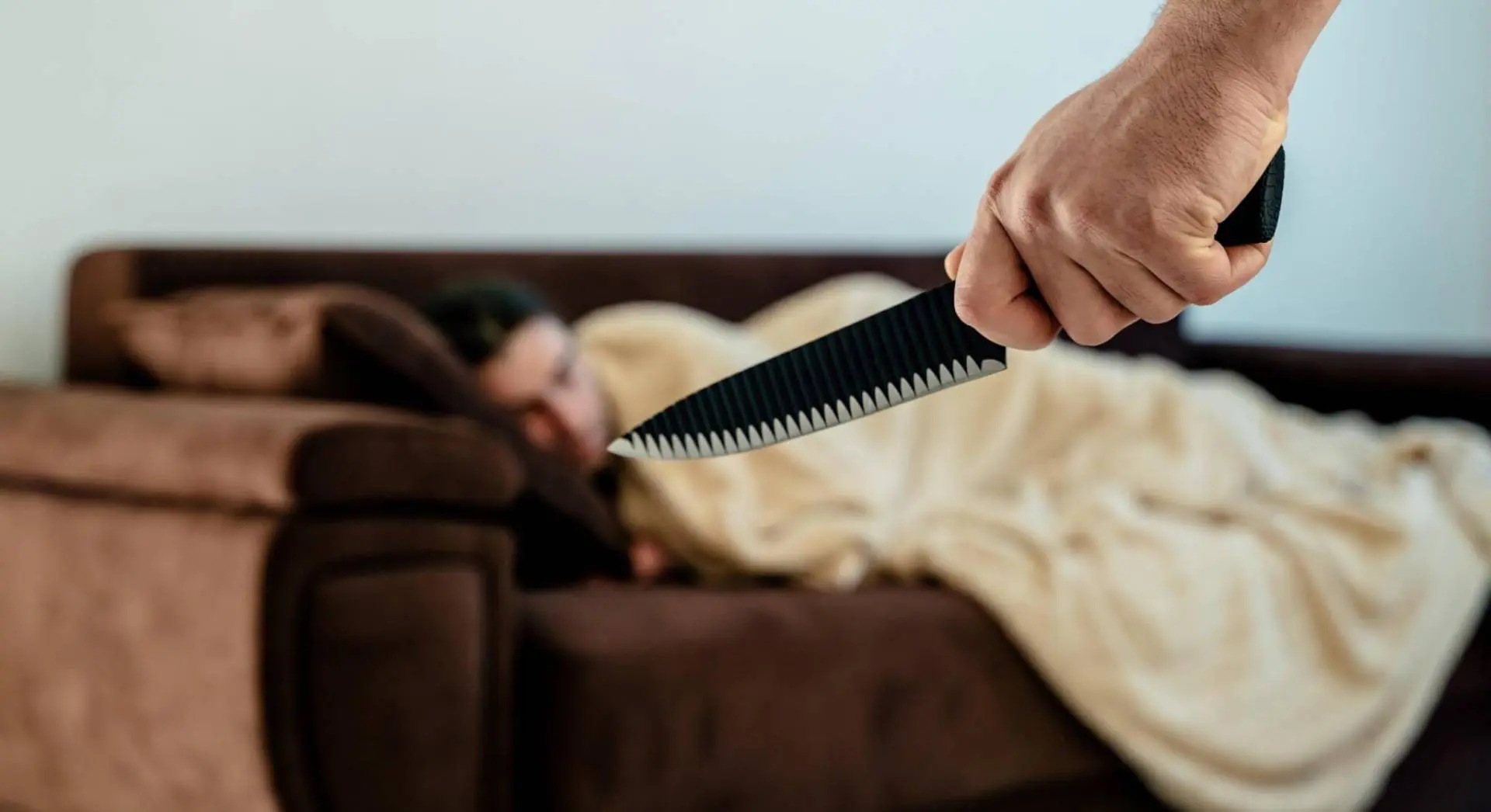Being charged with a felony is a serious situation. A conviction can lead to many undesirable outcomes, not least of which are restrictions on owning or buying firearms. Read on for what you need to know.
What Happens to My Gun Rights if I’m Charged with a Felony in Virginia?
There’s a difference between being charged with a crime and being convicted of one. In the U.S., court proceedings are based on “innocent until proven guilty.” The good news is that your gun rights are not likely to be affected by being charged with a felony.
It’s an entirely different story when someone is convicted of a felony in Virginia. While overall, Virginia is not highly restrictive of someone’s right to bear arms, if they’ve been convicted of a felony, those rights can be legally removed. Once convicted, someone can lose the right to own, use, handle, or transport a firearm. It doesn’t matter if a gun was involved in the felony crime.
What Is a Felony Charge in Virginia?
In Virginia (as in other states), there are different levels of crimes and the consequences faced when convicted. One of the most serious levels of criminal charges is a felony. Less severe charges are misdemeanors, which can lead to anywhere from a year of jail time to no jail time. A felony conviction can lead to years in a state correctional facility or life in prison.
Within the category of felonies, there are six classes with varying consequences.
Class 1. This is for the most severe crimes, such as capital murder and first-degree murder. This can lead to life in prison and/or up to a $100,000 fine.
Class 2. This class includes intentional crimes, such as terrorism, kidnapping, murder in some situations, and burglary with a deadly weapon. A conviction can lead to 20 years to life in prison and/or up to a $100,000 fine.
Class 3. This class includes intending to kill, shoot, or stab someone, and some drug crimes. Consequences could be 5 to 20 years in prison and/or a fine of up to $100,000.
Class 4. This level includes embezzlement, arson in an empty building, prostitution, and manslaughter. A conviction could result in 2 to 10 years in prison and/or a fine of up to $100,000.
Class 5. This includes involuntary manslaughter, extortion, and battery. This class, along with class 6 are known as “wobbler” classes. That means that they might be considered either felonies or misdemeanors. A felony conviction can lead to 1 to 10 years in prison and/or a fine of up to $2,500.
Class 6. Like class 5, this is a wobbler class that could be considered a felony or misdemeanor. It includes animal cruelty, violation of a court order, and reckless endangerment. If convicted as a felony, it can lead to one to five years in prison and/or a fine of up to $2,500.
What Can I Do to Avoid Losing My Gun Rights?
The first step is to find an experienced criminal defense attorney who understands what’s at stake and what strategies should be used. Some potential approaches could be to push to have the felony lowered to become a misdemeanor, as described above with the “wobbler” classes of classes 5 and 6 felonies. The attorney may work with a private investigator to determine if there are flaws in the prosecution’s case and existing evidence.
For example, if an arresting officer didn’t read someone their Miranda rights, the defense attorney can use that as grounds for requesting dismissal. The best thing to do is to talk with an attorney so they can understand your case and what might work best for you.
Can I Get My Gun Rights Back if I’m Convicted of a Felony in Virginia?
It’s possible but not necessarily simple. There are several steps, some of which involve waiting periods.
If you were sentenced to prison time, there’s nothing you can do until you’ve completed your prison term. Once you’ve been released, you have to petition the governor to restore your civil rights (such as gun ownership, voting, serving on a jury, and running for public office are all suspended when someone is convicted of a felony).
If the governor restores your civil rights, you’ll need to petition the Circuit Court to specifically restore your gun rights. If you still live in Virginia, your attorney can help you file that petition in the county where you live. If you leave Virginia, the petition will go to a courthouse in the county where you were convicted.
The court will have a hearing where you will likely need to testify as to why you believe you should have your gun rights restored. Working with an attorney can best help you prepare for the questions you’ll be asked and what the court wants to know.
What Should I Do if I’ve Been Charged with a Felony and Am Worried about My Gun Rights?
Contact our office as soon as possible to request a free case evaluation. Felony charges are serious and need to be treated that way. Because being convicted of a felony can negatively affect many of your rights, including your gun rights, you want to work with an experienced, knowledgeable criminal defense attorney who understands your concerns and is committed to working toward the best possible outcomes.



